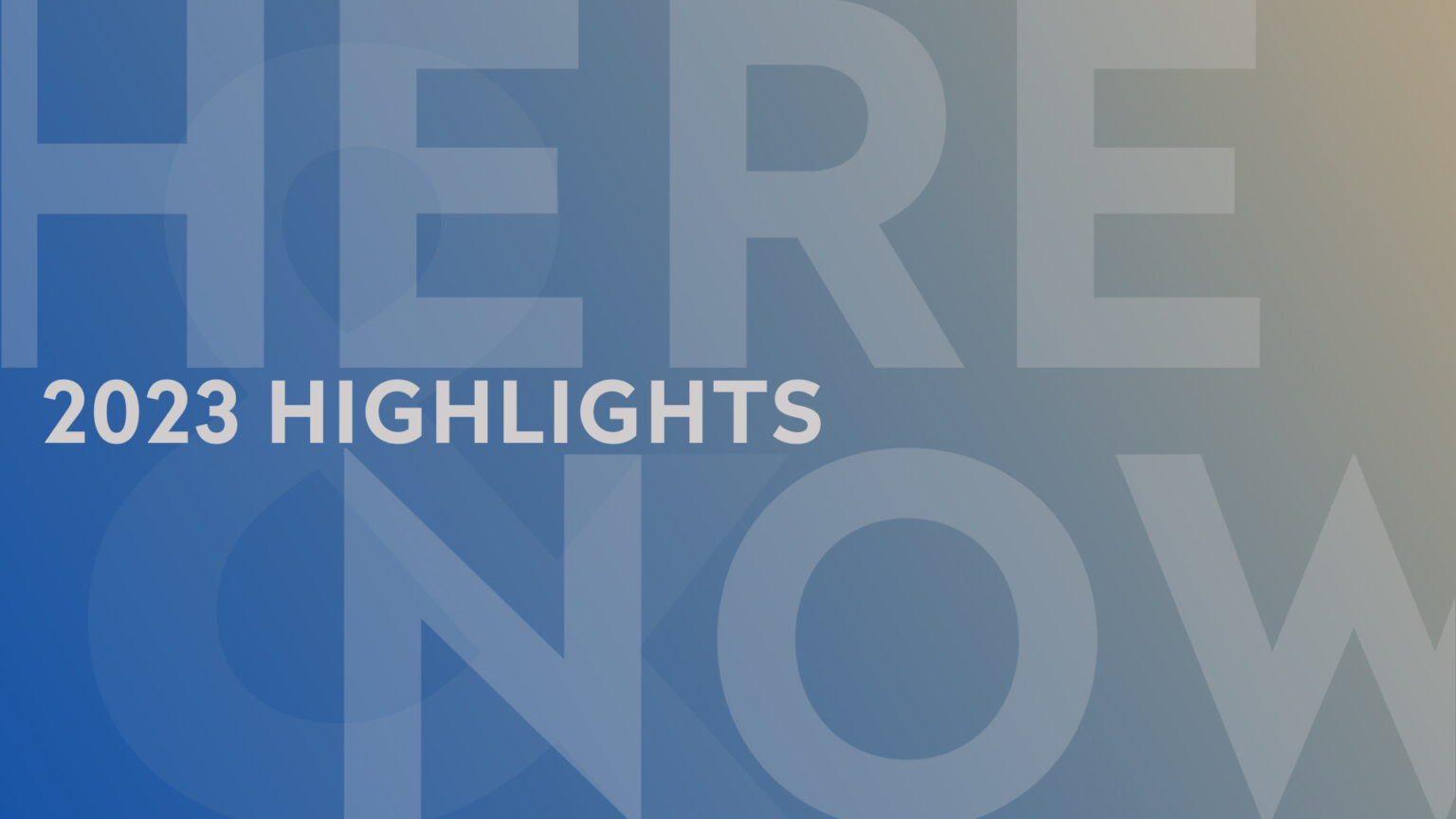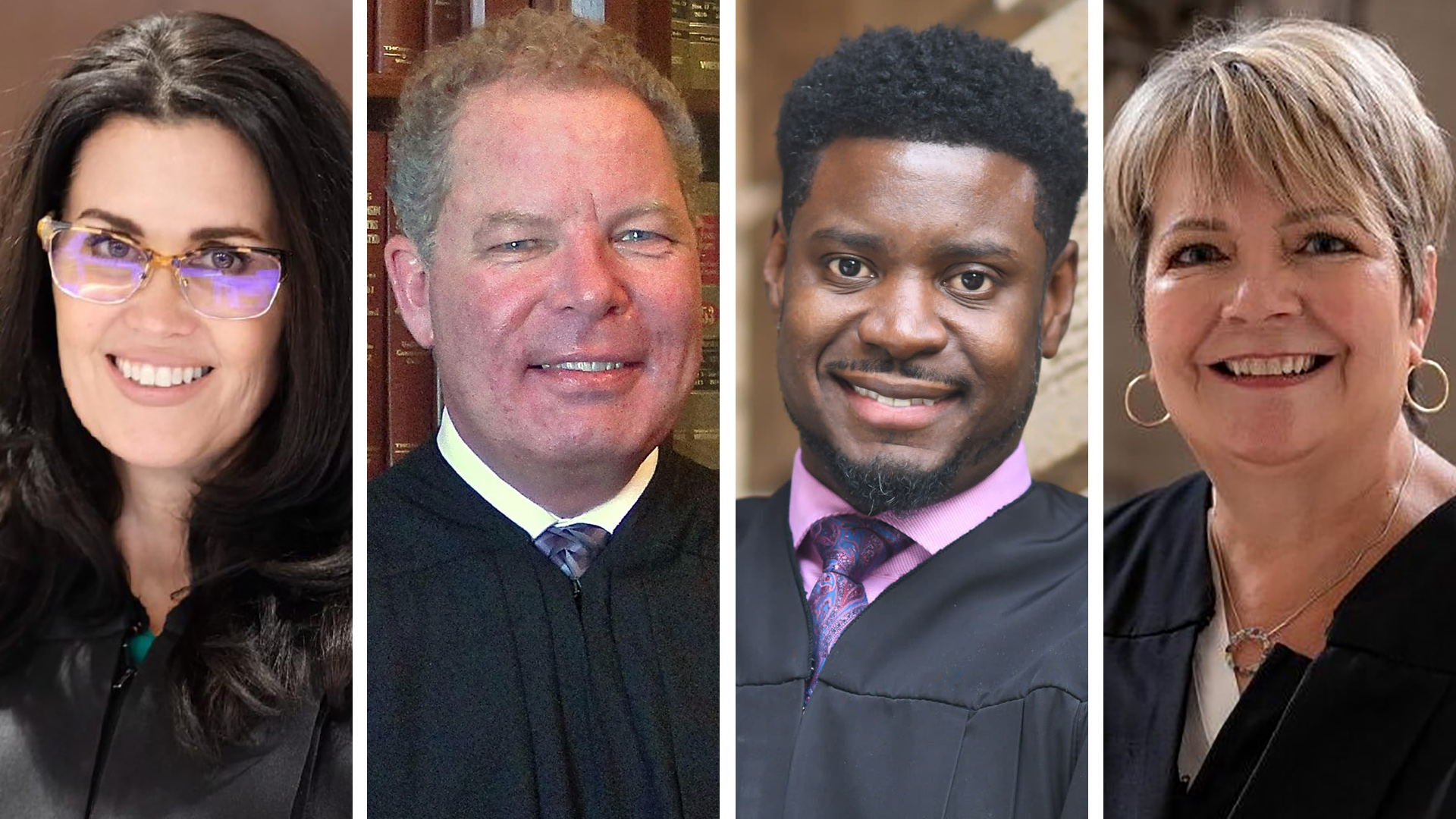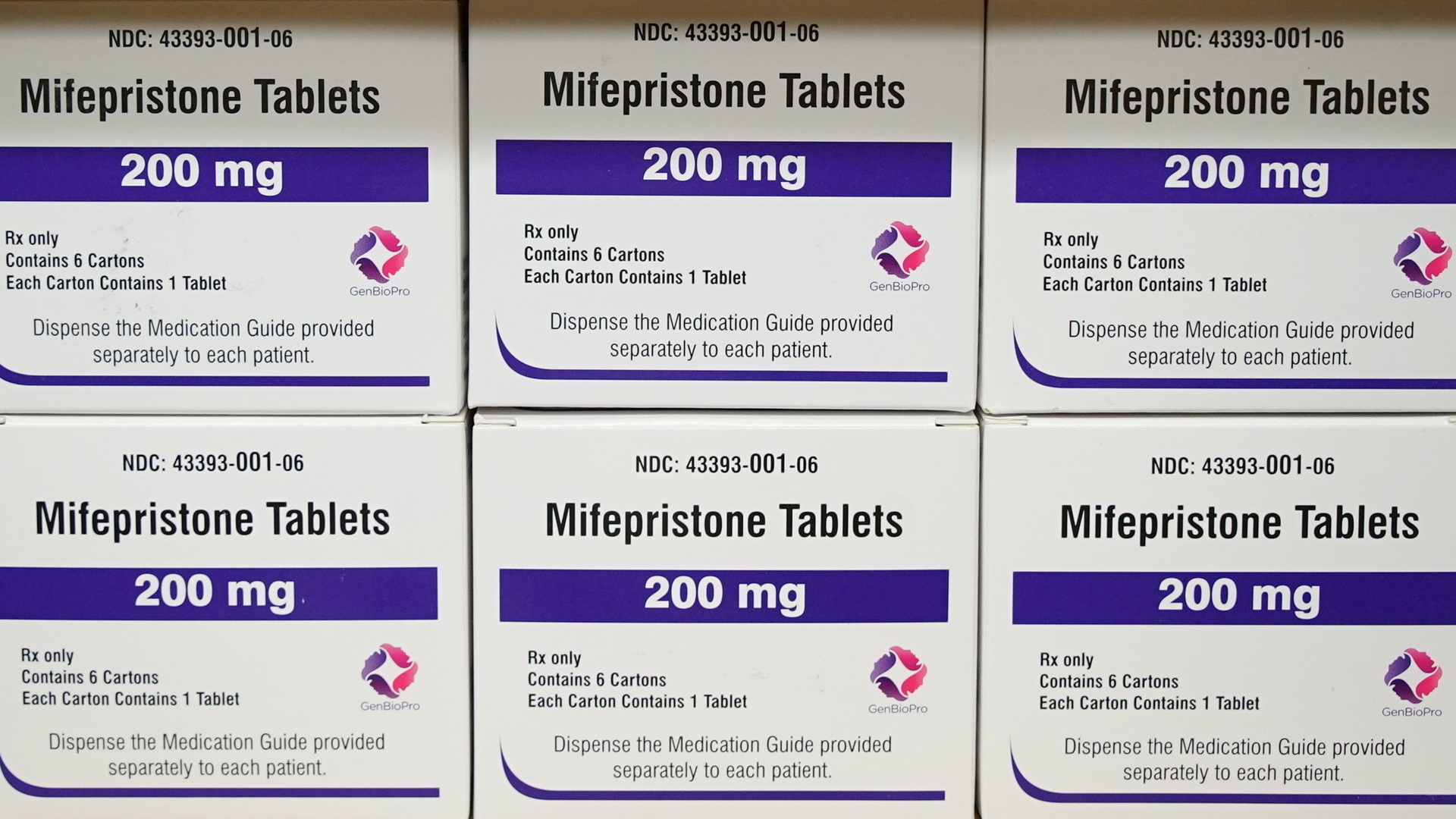PBS Wisconsin reporters share their 2023 highlights
Here & Now journalists point to coverage of a Wisconsin Supreme Court election, the state budget process, abortion, the impacts of racial disparities and more over their past 12 months of reporting.
December 29, 2023

(Credit: PBS Wisconsin)
Over the course of 2023, PBS Wisconsin’s Here & Now broadcast and published hundreds of reports and interviews that explored how politics have impacts in communities and among people across the state. Here’s a look back at 15 stories reported by Here & Now that stood out to the journalists who covered them throughout the year.
Jan. 4: Meet the candidates running in the 2023 Wisconsin Supreme Court primary
Another election season in Wisconsin kicked off at the start of the year, seemingly immediately after ballots were cast in the consequential midterm vote that closed out 2022. The race was for an open seat on the state Supreme Court, the outcome of which would determine whether conservative or liberal justices would hold control over the next two years. PBS Wisconsin senior political reporter Zac Schultz previewed the election cycle, which started with a four-way primary race.

Waukesha County Court Judge Jennifer Dorow, former Wisconsin Supreme Court Justice Daniel Kelly, Dane County Court Judge Everett Mitchell and Milwaukee County Court Judge Janet Protasiewicz
Feb. 17: Ukrainian refugees in Wisconsin reflect on a year of war
Russia’s full-scale attack on Ukraine in February 2022 commenced a major war of attrition that continues to be waged. Among the Ukrainian refugees who have escaped the bloodshed are those who made their way to the state. PBS Wisconsin reporter Steven Potter shared the story of a volunteer group in one community that has been offering support to these new Wisconsinites.
March 9: Janet Protasiewicz, Daniel Kelly on Wisconsin redistricting
The Wisconsin Supreme Court race came down to two candidates who contrasted in their judicial records, political positions and campaign approaches. One issue that stood out was a long-standing legal battle over the state’s political maps. Zac Schultz examined where each candidate stood on the issue that would come to be one of the state’s highest-profile political issues of the year.
April 14: Concerns over assisted living conditions amid staff shortage
In a state with an aging population, the loss of skilled nursing facilities and a shortage of certified nursing assistants to staff those that remain open is felt most by the people are rely on their care to live. PBS Wisconsin series producer Marisa Wojcik shared the story of one couple who described the impacts of this issue on their health and safety.
May 12: ‘Our students are hurting’: Youth mental health in Wisconsin
“Today’s young people are suffering through depression, anxiety and hopelessness at unprecedented levels,” said Steven Potter, who reported on how this issue is challenging high school students and educators around the state. “These mental health challenges – brought on by the pandemic, social media and the societal effects of substance abuse, among other issues – can and will have devastating and lingering effects on the rest of their lives.”
July 14: The court fight over bathroom access in Mukwonago schools
A court fight over a Mukwonago Area School District bathroom access policy exemplifies how national political battles over transgender rights are unfolding at the local and personal levels. Marisa Wojcik spoke with the mother of and lawyer for an 11-year-old girl affected by this policy about their lawsuit challenging its status and how the intense community furor has affected the child.
Aug. 8: Voices of three Wisconsin women who have had an abortion
The U.S. Supreme Court decision in Dobbs v. Jackson, which overturned national protections for abortion, continues to reverberate at the political level, vaulting the issue to the forefront of electoral politics. Yet abortion is not merely a political matter — Zac Schultz and Steven Potter spoke with a trio of Wisconsinites who described why they ended their pregnancies and why they are sharing their experiences.
Aug. 17: What is ‘abortion reversal’ and where do doctors stand on the practice?
More than half of all abortions in the U.S. are conducted with medications that are used to terminate pregnancies. The increasing incidence of these medication abortions has led more opponents of the practice to promote “abortion reversal,” in which another prescription is used to try and counteract the effects of the original drug. Steven Potter examined the current state of medical understanding about this procedure.

Boxes of the drug mifepristone sit on a shelf at the West Alabama Women’s Center in Tuscaloosa, Ala., on March 16, 2022. (Credit: AP Photo / Allen G. Breed, File)
Sept. 19: A legacy of racial inequality before the law in Wisconsin
PBS Wisconsin collaborated with the Nehemiah Center for Urban Leadership to produce “Wisconsin in Black & White,” a special and subsequent series of reports about racial disparities in the state. “The deep dive into racial inequities in the criminal justice system, education, wealth, housing and health throughout the state took a massive multi-year commitment from both organizations to educate,” said PBS Wisconsin special projects journalist Murv Seymour. This first portion of the project explored the state’s history of unequal application of the law.
Sept. 29: Wisconsin’s wild rice harvest and threats of climate change
Impacts of climate change are increasingly a daily fact of life in Wisconsin, particularly when it comes to the vagaries of agriculture. One food cultivated in the state that faces greater challenges is wild rice – manoomin in Ojibwe – as shorter winters with less ice and snow hinders its growth. “Wild rice is such an important food for Native people, and not everyone even knows what it is,” said PBS Wisconsin reporter Nathan Denzin.
Oct. 17: Impacts of housing discrimination on economic opportunity
“Wisconsin in Black & White” explores many historical actions and outcomes that created and perpetuated racial disparities in the state, but it also takes a look at contemporary racism. This report by Nathan Denzin follows two housing testers — one Black and one white — who encountered differing reactions when looking to rent an apartment. “There’s a perception out there that racism like that can’t possibly happen, but it does and more often than you think,” said PBS Wisconsin unit manager Cynthia Struye.
Oct. 20: Helping build Black and Brown homeownership in Wisconsin
While racism and its impacts persist in the state, there are advocates and organizations that are working to ameliorate disparities at the individual level. In a follow up to the “Wisconsin in Black & White” reporting, Murv Seymour explored two locally based campaigns that provide education and support to people who might otherwise not be looking to purchase a home and experience the impacts of generational wealth.
Oct. 26: When Wisconsinites buy marijuana in neighboring states
Recreational cannabis is legal in Illinois, Michigan and now Minnesota, and there are many people from Wisconsin who travel to these neighboring states to purchase a wide variety of products. Zac Schultz spoke with an Upper Peninsula marijuana business, law enforcement in Wisconsin and state lawmakers about the impacts of this cross-border commerce and the politics of legalization.
Nov. 10: The pain of Wisconsinites who have family in Gaza and Israel
The Oct. 7 attack by Hamas terrorists and subsequent bombing and invasion of Gaza by Israel’s military brought the protracted conflict between Israelis and Palestinians back to the forefront of global politics. This escalation of the strife is being felt intensely by those in the state who have family in the region. “These people are consumed with the news and the fear of death, and now also face increased antisemitism and Islamophobia,” said PBS Wisconsin reporter Aditi Debnath.
Dec. 22: Zac Schultz on the Wisconsin Supreme Court ordering new maps
The victory by Janet Protasiewicz in the spring election for Wisconsin Supreme Court, giving control to liberal justices for the first time in a decade-and-a-half, was a political earthquake for the state. One of the first cases filed with and taken up by the high court was a challenge to the state’s legislative district maps. Oral arguments were conducted in early November, and the court issued an order at the tail end of the year in anticipation of the upcoming election cycle. Here & Now host Frederica Freyberg interviewed Zac Schultz about the decision and what it is likely to mean for 2024.
 Passport
Passport











Follow Us